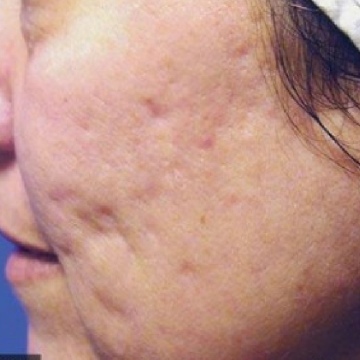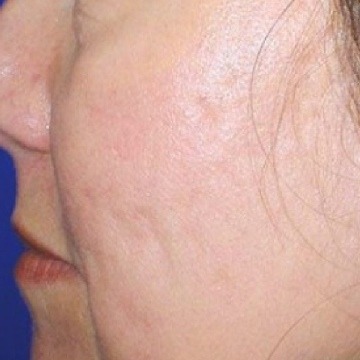About Us

Patient Instructions
Before the treatment
Fractional Resurfacing lasers and Dermarollers require adequate skin preparation with a sunscreen and retinol/glycolic acid/hydroquinone based cream. This process takes 4-8 weeks depending on the condition of your skin. Poor skin preparation can result in poor results and complications after the treatment.
Please be honest and transparent with your dermatologist regarding your medical and obstetric history (pregnant or nursing), medication history and drug allergies.Inform your dermatologist if you have any keloids or unusual scars on your body.If you have a history of cold sores, then you must start anti-viral medication at least a day before your treatment.
Certain skin care creams and medicated creams may have to be discontinued 3 days before and after the treatment. Consult your dermatologist for correct advice in this regard.


After Treatment
Your skin will look red and feel hot for a day after the treatment. Use cold compresses intermittently. But do not overdo it, since the heat and inflammation are necessary to trigger wound healing response.The dotted grid-like appearance of your skin is normal and to be expected after the laser treatment. Do NOT pick at your skin.Stay away from the sun for a week. If you cannot do that, use a sunscreen religiously. However a sunscreen might irritate your skin, so complete sun avoidance is always preferable.Keep your skin moist for the next 5-7 days.
Use a dermatologist recommended skin-repairing moisturizer 3-4 times a day. Good lubrication allows the re-growing collagen to glide easily over each other, rather than over-curling and scarring. Use a dermatologist recommended skin cleanser. Use only cold water to wash your face for the next few days.Follow your dermatologist’s post-treatment prescription is a disciplined manner. This is vital to obtaining best results without complications.Rarely, you may notice new pimples or tiny little white bumps under your skin after the laser treatment. Review with your dermatologist to have them treated.
